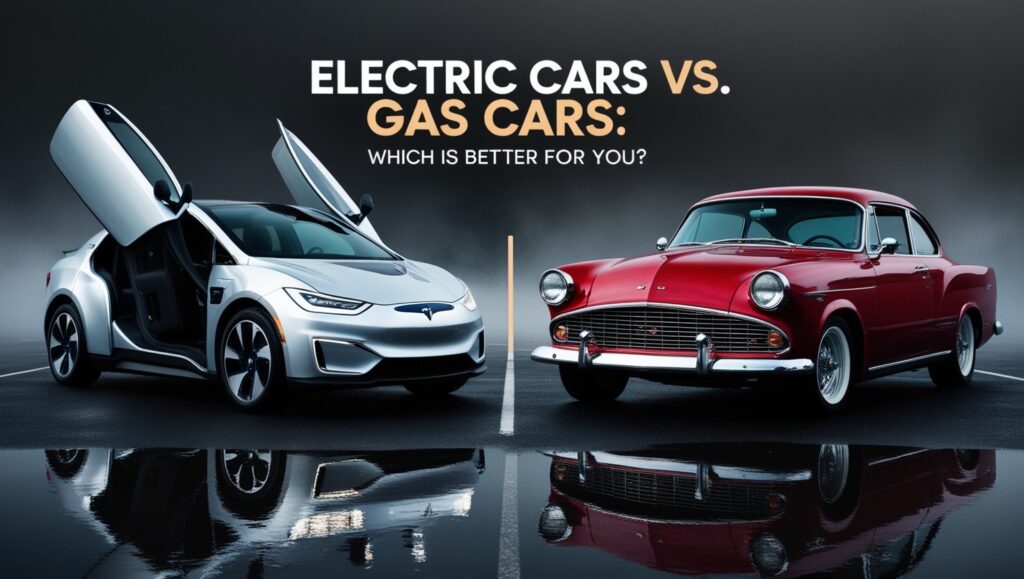The automotive industry is undergoing a monumental shift, with top electric cars rapidly gaining ground on traditional gas cars. This transition is driven by a combination of factors, including environmental concerns, rising fuel prices, and technological advancements. But which option is truly better for you? Let’s dive into the key differences between electric cars and gas cars.
Electric Cars vs. Gas Cars: A Deeper Dive
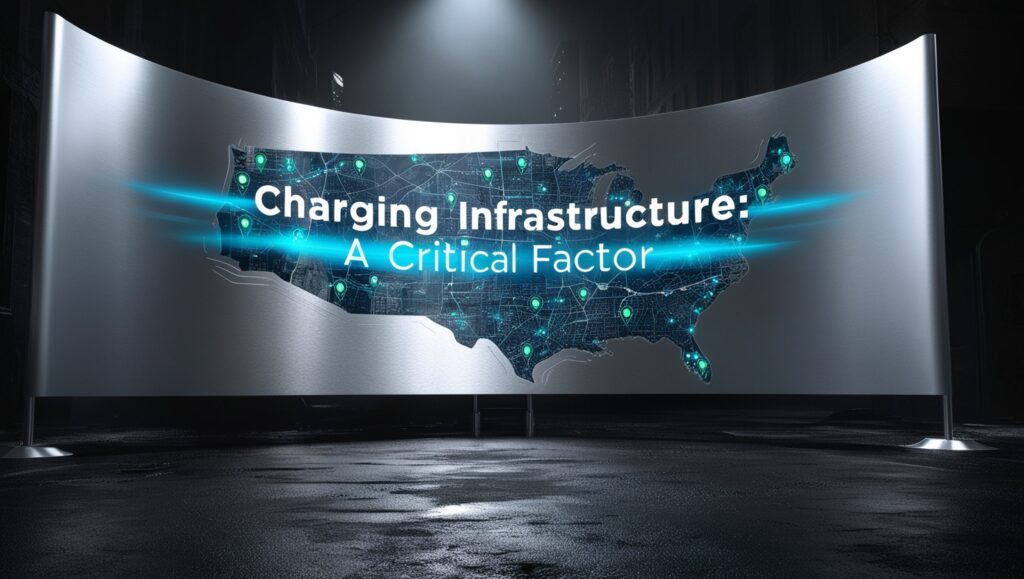
Charging Infrastructure: A Critical Factor
While electric cars offer numerous advantages, the availability of charging infrastructure remains a crucial consideration. The expansion of public charging stations is essential to alleviate range anxiety and encourage wider adoption. However, home charging remains the most convenient option for many owners.
Gas cars, on the other hand, benefit from a well-established fueling infrastructure with thousands of gas stations nationwide. This accessibility is a significant advantage for those who frequently travel long distances or live in areas with limited charging options.
Resale Value: A Growing Market
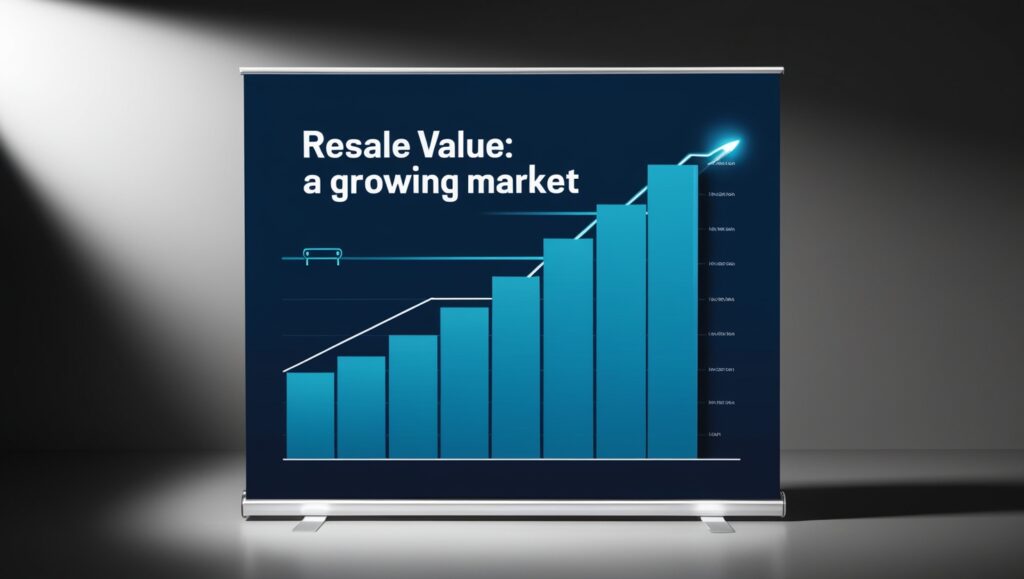
The resale value of electric cars is a topic of increasing interest. As the market for electric cars matures, resale values are expected to stabilize. Factors such as battery health, range, and technological advancements will influence resale prices.
Gas cars have a more established resale market with predictable depreciation rates. However, with tightening emissions regulations and the increasing popularity of electric cars, the resale value of gas cars may decline over time.
Government Incentives and Policies

Government policies play a vital role in shaping the automotive landscape. Incentives such as tax credits, rebates, and purchase subsidies can significantly impact the affordability of electric cars. Additionally, some governments are implementing stricter emissions standards for gas cars, which could lead to higher prices and reduced consumer demand.
It’s essential to stay informed about the latest government policies and incentives to make an informed decision.
The Future of Transportation: A Hybrid Approach?
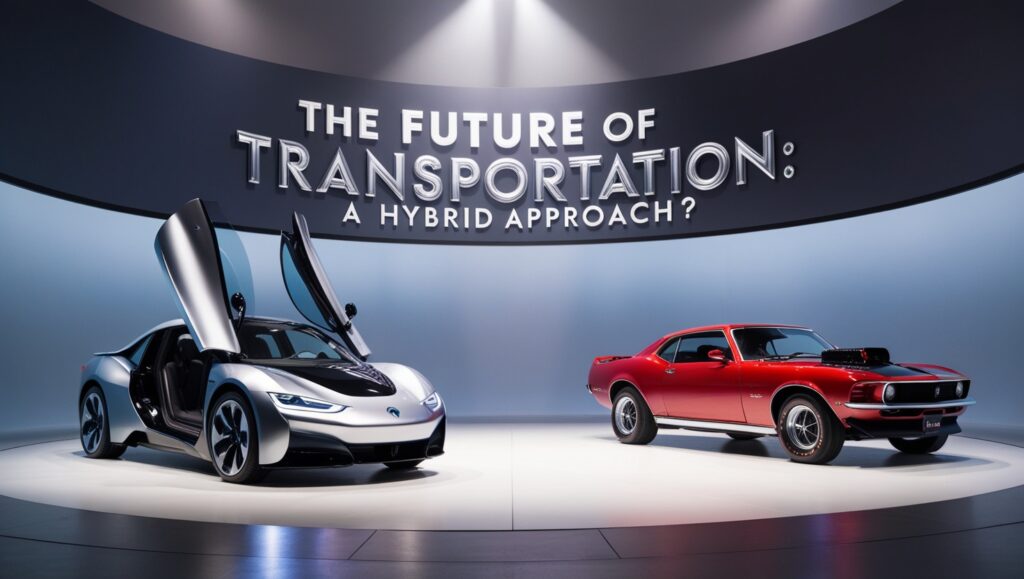
While electric cars and gas cars represent distinct options, the future of transportation may lie in a hybrid approach. Plug-in hybrid electric vehicles (PHEVs) combine the benefits of both worlds, offering electric-only driving for shorter trips and a gasoline engine for longer journeys.
As battery technology continues to advance, PHEVs are expected to become more efficient and affordable. This option could appeal to consumers who are hesitant to fully commit to an electric car but want to reduce their environmental impact.
Which is Right for You?

Choosing between an electric car and a gas car depends on various factors, including your driving habits, budget, environmental concerns, and access to charging infrastructure.
If you primarily drive short distances, have access to home charging, and prioritize environmental impact, an electric car might be the ideal choice. However, if you frequently travel long distances or live in areas with limited charging options, a gas car or a PHEV might be a better fit.
Ultimately, the best way to determine which vehicle is right for you is to carefully consider your needs and preferences. Test driving both electric cars and gas cars can help you make an informed decision.
Environmental Impact: Electric Cars Lead the Way
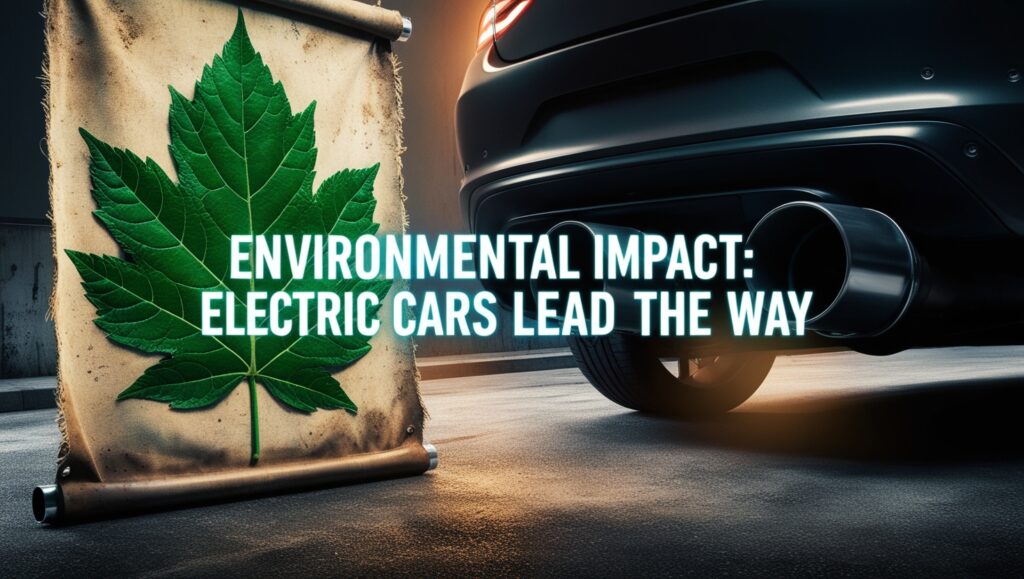
One of the most compelling reasons to consider an electric car is its environmental impact. Unlike gas cars, electric cars produce zero tailpipe emissions, contributing to cleaner air and a reduced carbon footprint. While the manufacturing process of both vehicle types involves emissions, the ongoing operational impact of electric cars is significantly lower.
Cost of Ownership: A Complex Equation
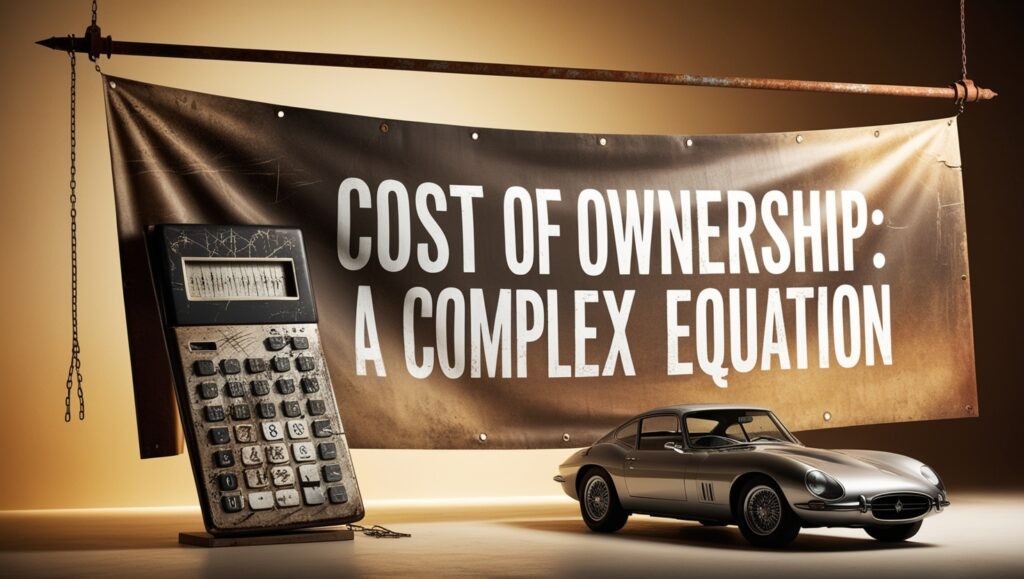
The cost of ownership for electric cars and gas cars is a complex issue with several factors to consider. While the upfront cost of an electric car is often higher, long-term savings can be substantial. Electric cars have lower maintenance costs due to fewer moving parts and no oil changes. Additionally, electricity is generally cheaper than gasoline.
However, the availability and cost of charging infrastructure can vary significantly. Factors such as home charging options, public charging networks, and electricity rates will impact your overall costs.
Driving Experience: A Matter of Preference
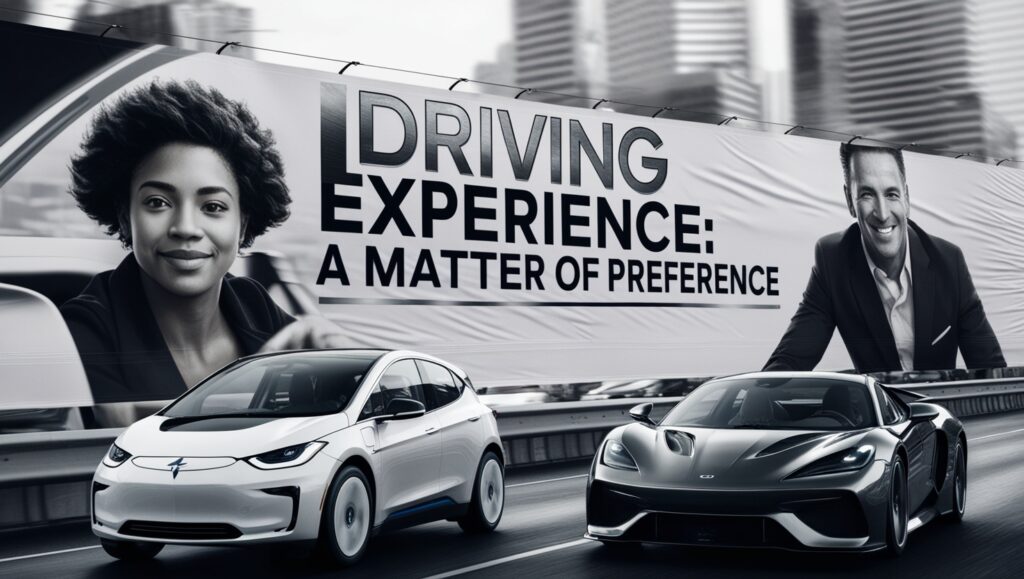
Both electric cars and gas cars offer unique driving experiences. Electric cars provide instant torque, resulting in impressive acceleration. They also tend to be quieter and smoother to drive. On the other hand, gas cars offer a more traditional driving experience, with the familiar sound of an engine and the ability to refuel quickly.
Range and Charging: Key Considerations for Electric Cars
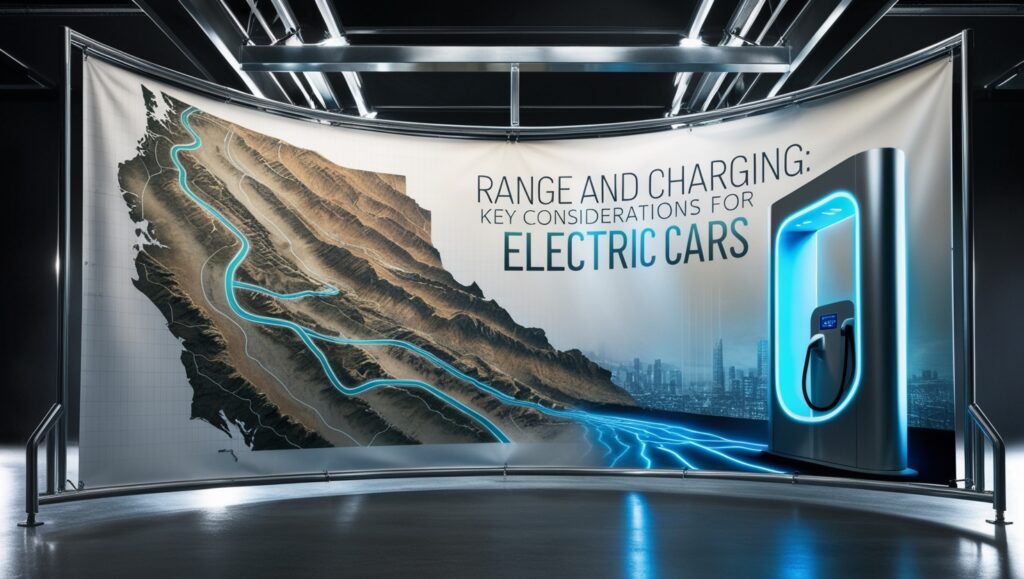
A common concern with electric cars is range anxiety. While battery technology has improved significantly, the driving range of electric cars is still generally shorter than that of gas cars. However, for the majority of daily commutes, the range of most electric cars is sufficient.
Charging an electric car requires planning, but it’s becoming increasingly convenient. Home charging is the most common option, but public charging stations are also expanding. Factors such as charging speed and availability will influence your overall charging experience.
Top Electric Vehicles to Consider
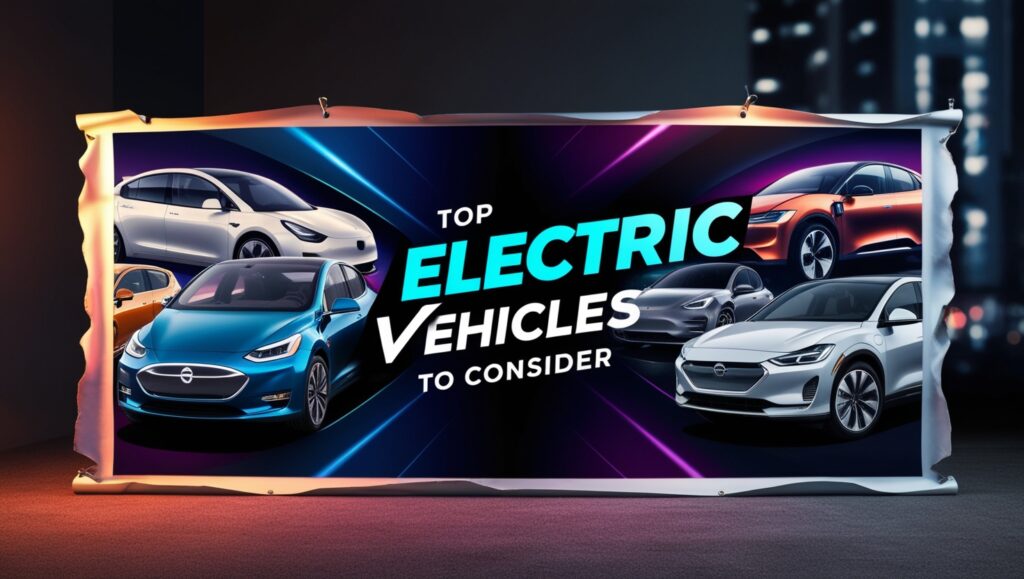
The market for electric cars is rapidly expanding, offering a wide range of options to suit different needs and budgets. Some of the top electric cars to consider include:
1. Tesla Model 3
2. Ford Mustang Mach-E
3. Chevrolet Bolt EV
4. Nissan Leaf
5. Volkswagen ID.4
When choosing an electric car, it’s essential to consider factors such as range, charging capabilities, features, and price to find the perfect fit for your lifestyle.
The Road Ahead
As the automotive industry continues to evolve, the competition between electric cars and gas cars is likely to intensify. Advancements in battery technology, charging infrastructure, and government policies will shape the future of transportation.
Ultimately, the choice between a best electric cars and a gas car is a personal one. By carefully considering factors such as driving habits, budget, environmental concerns, and long-term goals, consumers can make informed decisions that align with their values and lifestyle.
As the world becomes increasingly focused on sustainability, it is clear that electric cars will play a pivotal role in reducing greenhouse gas emissions and combating climate change. However, the transition to a fully electric future will be gradual, with hybrid cars and gas cars continuing to coexist for some time.
The automotive industry is at an exciting crossroads, and the next few years will undoubtedly bring significant changes. Whether you choose an electric car, a gas car, or a hybrid, it’s essential to stay informed about the latest developments in this rapidly evolving field.
